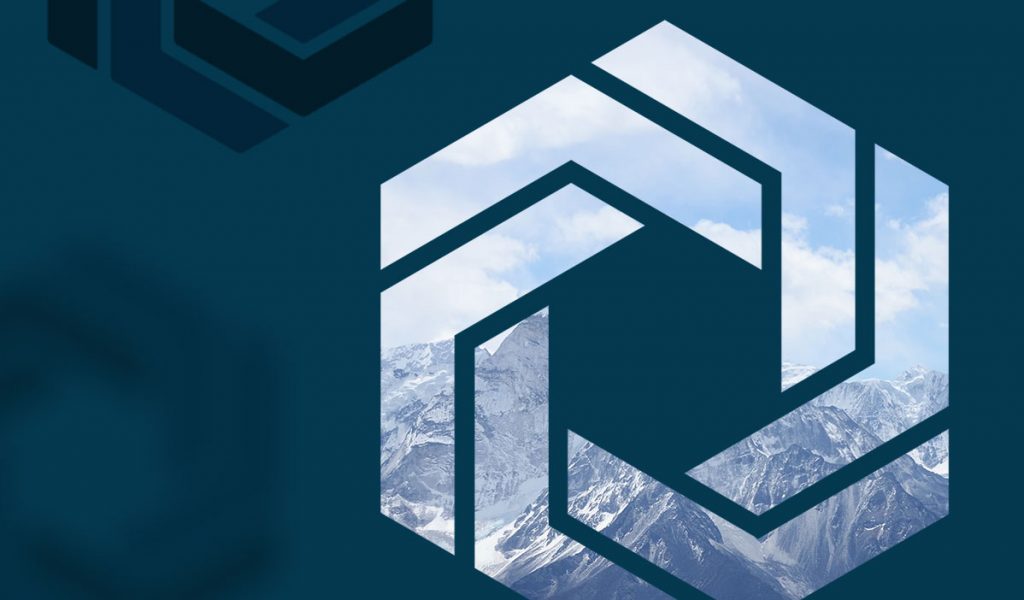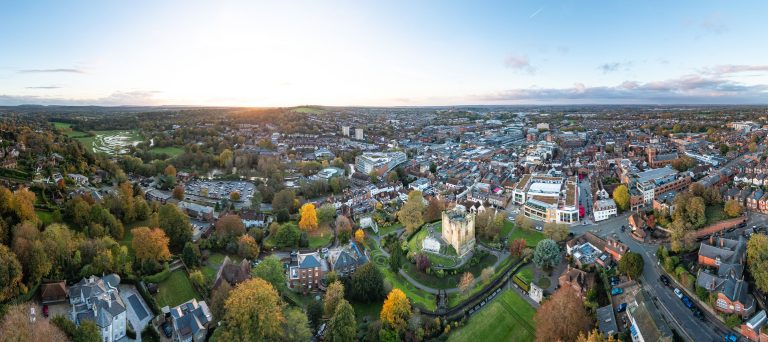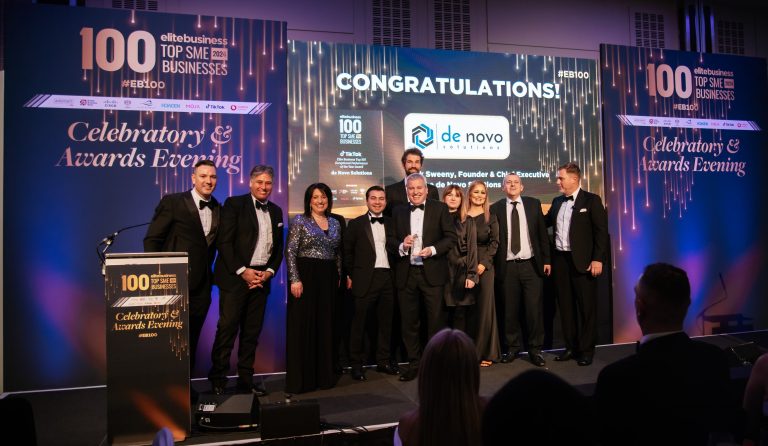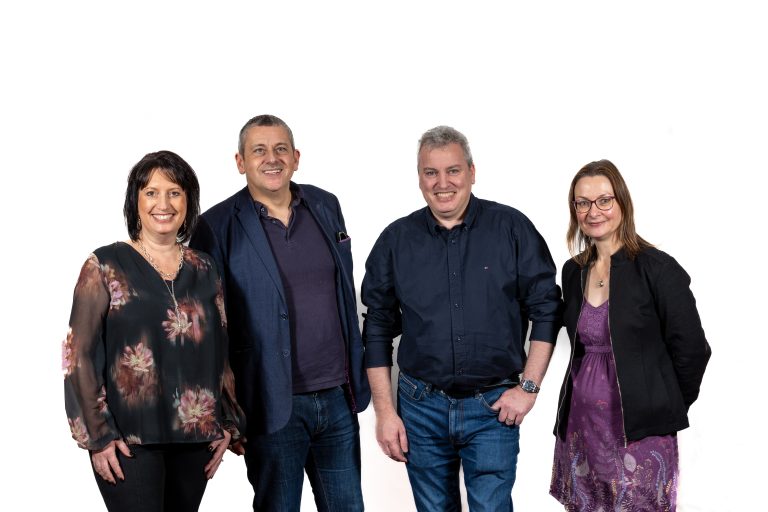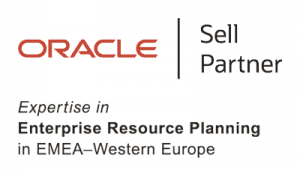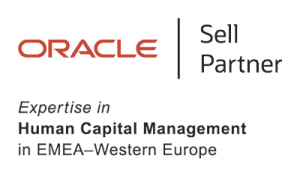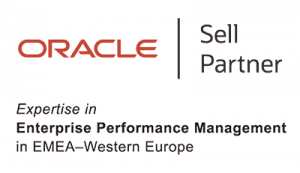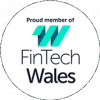Published on April 22, 2022
New Equation for a New Era of Empowerment
After nearly 18 months sabbatical from writing LinkedIn blogs and the positive response I received from my returning article The Conversation has Changed… | LinkedIn based upon Oracle’s announcement of #OracleME, sitting in the glorious sunshine over this past Easter weekend I wanted to share my understanding further of what the experience economy really means, what the impact really is and why everyone should be paying attention.

Consider this the follow-up to ‘Change the Conversation’ and the number one insight that we use with our own employees to drive #wearedenovo.
For those organisations that have not started their SaaS Cloud journey, let me be candid, you are now a whole decade of innovation behind those who have already transitioned, with some of your competitors not even being in business anymore. In the majority of cases, this is down to their failure to stay relevant to their market as they did not digitally transform or provide their clientele with the experiences they demanded and valued.
For those that are just starting their journey but have the simplistic mindset of ‘lets just replace our legacy systems and move to the Cloud’, you’re thinking is still in the wrong place! However, if you are thinking and wanting to change the conversation by talking about creating new experiences for customers and employees, learning from insights and driving outcomes then I am pleased to say you are very much in the right place and it is definitely a conversation I want to have with you! So, let’s explore this…
So what does the experience economy really mean?
Put simply it means user empowerment.
Successful SaaS Cloud implementations are all about adoption as they are transformational, but it is by empowering the end user to take full advantage of what is available that unlocks the value over the long term.
SaaS Cloud is evolving at pace and whilst the foundation stone of any enterprise should remain a single instance ERP system, the industry platform vendors have acknowledged that the vast majority of employees do not work inside functional silos, with the operational processes required to deliver services to customers and/or citizens cutting across the organisation. Specifically, we have gone beyond HR/HCM siloed Cloud systems and are now in the era of ‘experience platforms’.
Such technology advancement allows us to create personalised experiences over standardised processes, and with the rise of the no code low code, ai, machine learning and digital workflows supported by advanced analytics we are now able to technically deliver faster than ever before.
My prediction remains that in only in a few years’ time these systems will self-configure, render and deliver the relevant individual experience to a user in the very moment it is required. Consequently, the technology turns data into accurate timely insightful information to facilitate informed decision making in the moment.
The technology capability now exists to enable the Client themselves to create new experiences and react quickly to a change in circumstances. Have we been promised this all before? Yes we have, but this time it is real and it exists.
Systems Integrators beware the role is changing, as SaaS Cloud technology matures, new ways of adding value need to be found – ‘The bums on seats model is definitely in the twilight era’.
Shout out to the Mouse! – the ultimate experience case study.
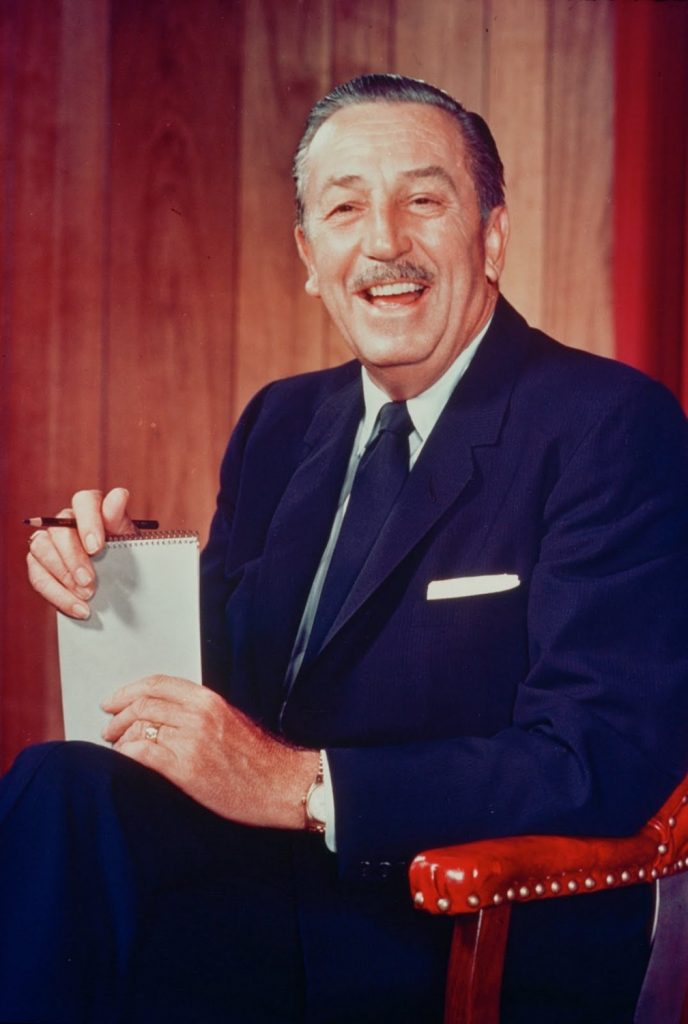
Disney, has to be the ultimate experience case study and I find myself time and time again referring to Walt Disney’s biography.
Forget technology and think laterally about the human experience. Walt Disney recognised as far back in the 1960’s the need to create engaging ‘magical’ experiences for those visiting his amusement parks. His focus being to capture and hold a customer’s interest not just whilst at the park in the moment, but also afterwards in the memory.
In the experience economy, the memories, emotions and feelings that customers take away are ultimately what matters most. Products and services become commoditised over time; they are copied by competitors and lose their differentiation and value.
Disney fundamentally understood this and went about creating a brand and product portfolio that could not be copied lightly. However, fundamental to everything was his employees as they were and still are today the primary delivery channel of the experience to the customer.
So how is this achieved? Disney empowers its employees in delighting their customers at every opportunity. Creating magical memories, pulling on emotions. This is subsequently monetized.
Even to this day Disney make queuing an absolute art form through the power of constant distraction! and they even monetize this by cross and up-selling through merchandise kiosks en-route before and after the main attraction.
So lets take these concepts and apply this to the 21st century digital experience economy.
Technology is the Enabler, but Culture needs to foster empowerment to realise the value

Technology extends the core ERP system into the middle office and beyond, albeit at this point you really do move into the hybrid SaaS Cloud scenario. However, putting the technology to one side as it really becomes totally irrelevant if an organisation’s culture does not empower its employees to innovate and foster a programme of continuous improvement into its DNA, using the power of the experience and insight through the tools that the vendors are making available. This is real cutting-edge transformation seen daily.
To get better at anything we must be curious, constantly question the status quo, seeking improvement by creating new experiences that our customers and/or citizens demand and value.
Employees serve customers, therefore both experiences matter and converge.
I am going to cheat at this point as I cannot better the research findings from Gartner, so lets just insert a small cut and paste with due credit applied…
The Gartner Research Report conducted by Jason Wong, Michael Chiu, Gavin Tay, and Brent Stewart (26 May 2020) states ‘The shift toward digital business can be seen as largely being about creating new business models and innovations that allow companies to alter their products and services through information and digital technologies. Not only must digital be a building block of CX, but It must also be foundational to your EX.
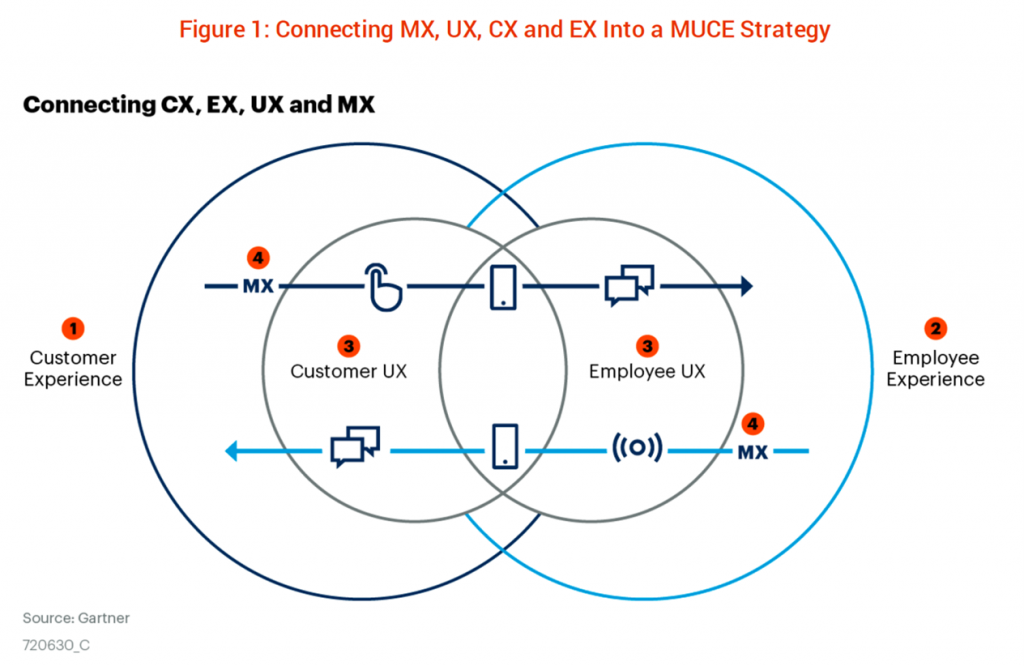
In this digital experience economy, in order for companies to earn their share of the positive feelings, emotions and memories, they need to compete for attention and time. Attention and time are precious because we, as customers and employees and users of technology, only have so much time in the day and we can only give so much attention at any given moment. Any wasted motion or non-value-added feature unnecessarily steals the user’s attention and consumes their time’.
Consequently, we have end-to-end digital convergence.
Market Indicators – Seismic Shift
Salesforce, ServiceNow, Microsoft and now Oracle are all pushing the narrative. For one of them to do it is differentiation within a market, for all of them to do it is a market shift. Those I have not mentioned, are behind the 8-ball. In my opinion the shift is seismic and only going to accelerate.
Microsoft are pushing hard industry vertical solutions, ServiceNow are innovating more and more across the front and middle-office, Salesforce announcements look to re-engineer whole industries from the customer experience perspective, and Oracle now have Oracle Me – punching outwards and across from the functional silos of the ERP market. It will be interesting now to watch the marketing messages of these vendors as we move into the second half of 2022, and for me, how the Systems Integrators marketing adapts (or not!).
Take a Moment
So before you sign that big cheque to your chosen platform vendor alongside that significant investment in an implementation partner, ask yourself one question ‘where do you want to be in seven years’ time?’ and do your chosen partners share and understand that vision to such an extent they can constantly, consistently deliver and unlock value to you in the experience economy to help you arrive at your destination as both your business, the technology and both your employees and customers evolve.
The bragging days around who can implement the system the quickest (aka ‘turning the lights on’) is a false economy and has always been a load of nonsense, a figment of imagination of the vendor marketing departments who have never ever undertaken an implementation.
However, if you still decide to follow this route and don’t look upon the transition to Cloud as an opportunity to transform your business to create experiences that empowers your employees to delight customers and citizens, then given the body of evidence available, I have little sympathy when you later say ‘we are not getting value out of our SaaS platform’
We are already at an inflection point in the vendor landscape regarding experience platform evolution and consequently we have arrived at a new equation for a new era:
Experience Economy = Empowerment

Why? because empowerment means choice, and all great experiences are rich in data in the moment. So, the more we encourage the workforce to be curious, take control and look for improvement, the greater the opportunity for digitalisation but in the context of the user experience at a specific moment in time. The future of the employee experience is now, but without the culture of empowerment, maximising value through the return on investment will never be achieved. Think Disney and add digital into the mix!
One thing is for sure, this story is not over yet not by a long way…
#oracle #oraclecloud #saas #cloud #oraclehcmcloud #oracleerpcloud #oracleme #experienceeconomy #servicenow #salesforce #microsoft #digital #digitaltransformation #digitalbusiness #wearedenovo #empowerment

